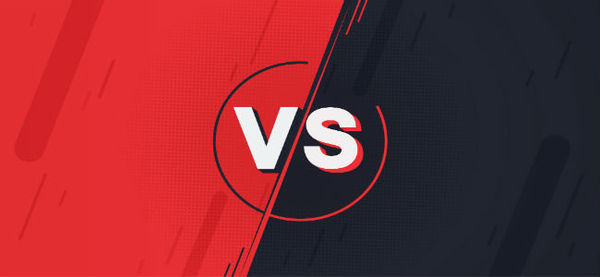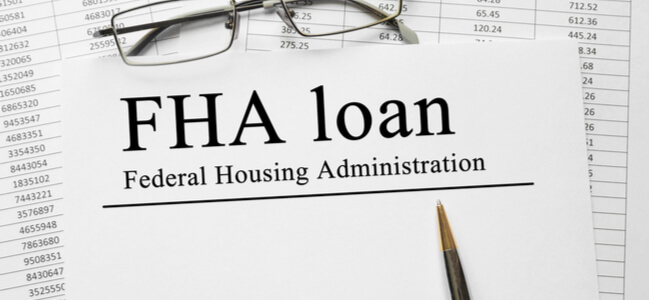How To Find Out How Much Equity You Have In Your Home
The way to find out how much equity you have in your home is to take your home’s current market value and subtract the amount you still owe on the mortgage. Your equity increases as the housing market improves and you continue to make your regular mortgage payments.
For example, imagine the original purchase price of your home was $225,000. Today your home is worth $300,000. The equity in your home increased by $75,000 simply due to prevailing conditions. To date, you’ve reduced your mortgage by $25,000, giving you a total of $100,000 in equity in your home.
As mentioned, most lenders cap the amount you can borrow at 85% of your equity. In this equation, you could borrow as much as $85,000.
HELOC vs Home Equity Loan: Detailed Comparison
Home Equity Line of Credit (HELOC) | Home Equity Loan |
Variable-rate interest | Fixed-rate interest |
Revolving credit | Lump-sum payout |
Secured loan | Secured loan |
10-20 year repayment term | 5-10 year repayment term |
A home equity loan is best when you need a large sum right away to cover major expenses or consolidate debt. By comparison, a home equity line of credit is best if you want to cover smaller expenses that’ll be spread out over several years.
How To Decide Between A HELOC Or Home Equity Loan
The decision between HELOC vs. home equity loans should rest on how much money you need and your financial lifestyle. Both options diminish the equity in your home. Your home is at risk whether you use a HELOC or home equity loan. If you fall behind on the payments, the lender can foreclose on your home.
A home equity line of credit might be the better choice if:
- You can handle fluctuating payments
- You don’t need a lump sum upfront, but want the ability to borrow as you need
- You’re confident that you can repay the HELOC before the initial draw period ends
You might prefer a home equity loan if:
- You like to budget fixed monthly payments
- You want a fixed interest rate loan
- You know how much money you need to cover an expense
- You need to borrow a sum of money right away to fully pay for an upcoming expense
- You want to consolidate debt, such as credit card debt
The Bottom Line
Home equity financing is a powerful tool for accessing a significant sum of money to cover major expenses. Understanding the difference between a HELOC and a home equity loan is key to making an informed decision as to which vehicle to use.
To some extent, the choice really comes down to how you like to organize your financial habits. However, using your home as collateral is a riskier choice, so you’ll want to be sure you have the means to repay the loan.




